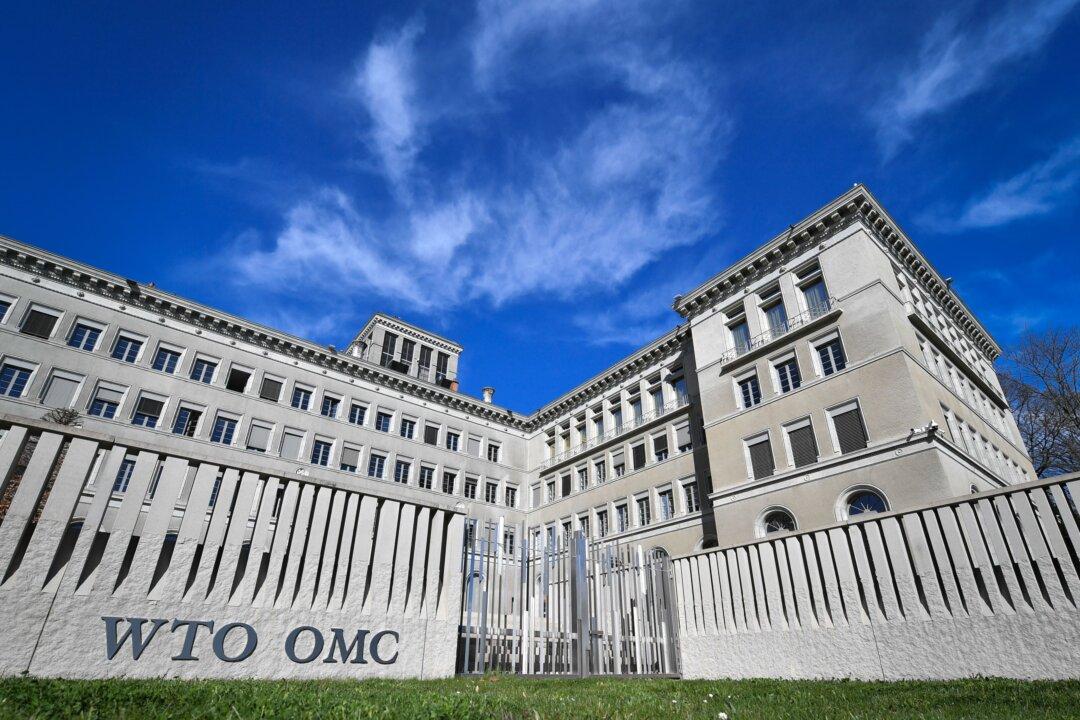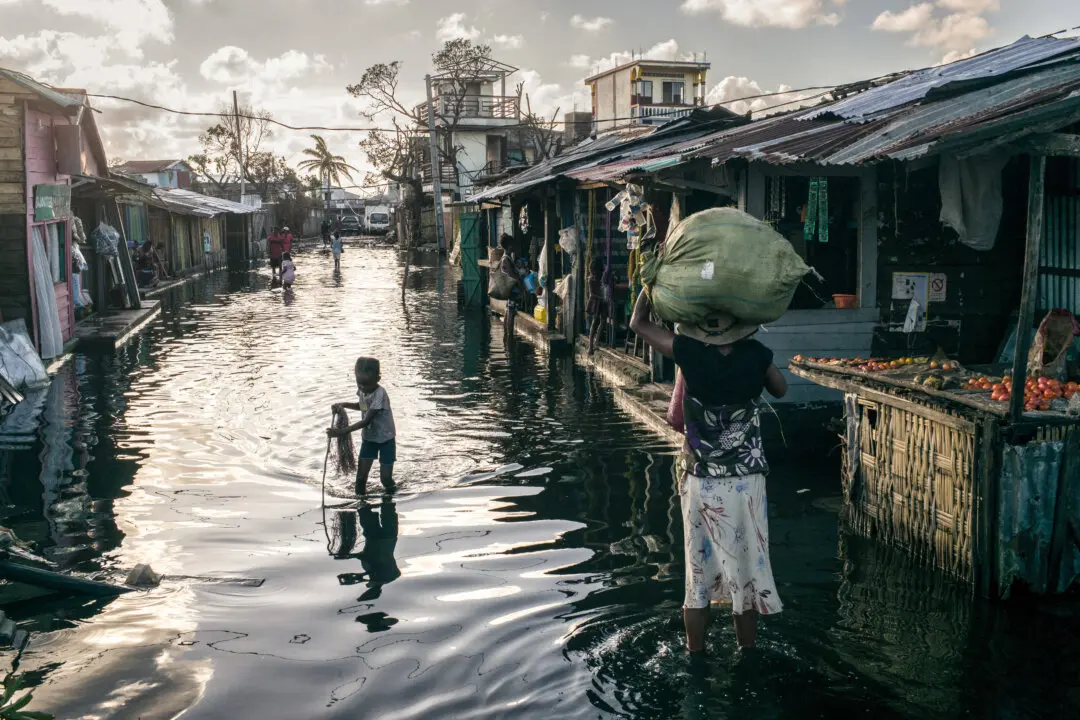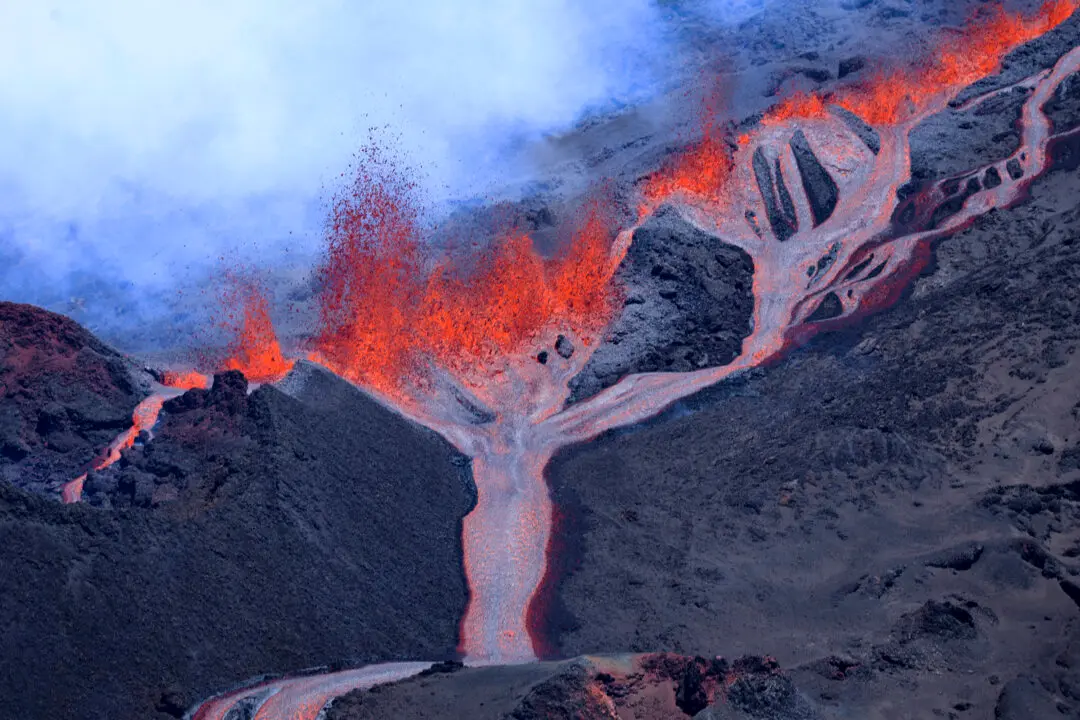The world has begun to observe how China’s influence has grown in the international community. This was prompted by recent news of Interpol’s ex-chief Meng Hongwei who was taken down by the Chinese Communist Party (CCP) and is under investigation for graft and political disloyalty. Meng was also China’s vice minister of public security. Like Meng, members of the CCP have infiltrated various international organizations, particularly the World Trade Organization (WTO), International Monetary Fund (IMF), the World Health Organization (WHO), UNESCO and other prominent global agencies. They use their influence through these agencies to promote the CCP’s agenda.
The Complex Relationship Between the CCP and the WTO
The World Trade Organization (WTO), the world’s largest economic and trade organization, has significantly helped China’s economy grow. But the CCP has taken advantage of the preferential treatment from the WTO and does not abide by the rules of international trade.The U.S.-China trade war is pushing the WTO to the forefront. In March, the Office of the United States Trade Representative (USTR) filed a request to take action at the WTO to address China’s unfair trade practices that go against the rules of the WTO.





